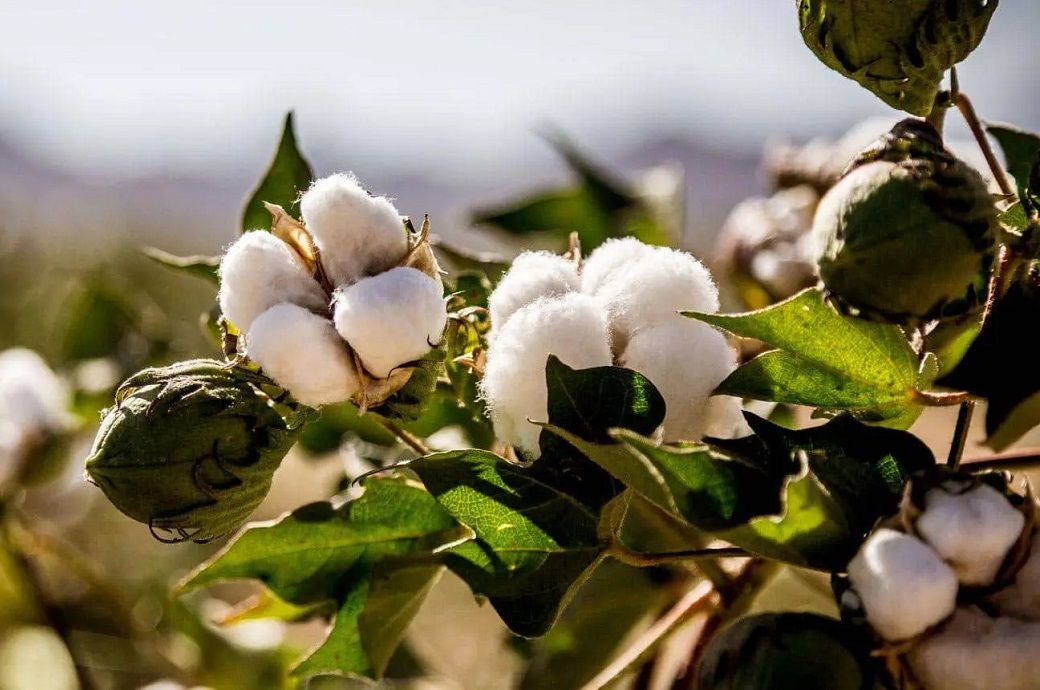
Expenditures on programmes implementing the two sustainability standards and on co-operation projects increased by 22 per cent, to €3.8 million, AbTF said in a press release.
Sales under the labels of CmiA and of the GCS earned licensing revenue of €5.12 million, representing an increase of 32 per cent.
Marketing the rights to the CmiA brand through Atakora Fordergesellschaft GmbH generated licensing revenue of €2.72 million, and sales of CmiA-verified cotton under the BCI label brought in a further €1.76 million in revenue. Proceeds from licensing the GCS to retailers and brands came to a total of €638 thousand in FY22, reflecting a continued rise in demand for the sustainable cashmere standard.
Global networks within textile value chains continued to grow, as companies that were part of demand alliances requested greater quantities of raw materials verified through CmiA, CmiA Organic, or GCS. By contributing €1.14 million (27 per cent more than in the previous year), partners played an even bigger role in integrating sustainable raw materials into global supply chains. These contributors comprised a steadily rising number of different CmiA partner companies, including African cotton companies, international cotton traders and spinning mills, and other registered textile-processing companies in the CmiA value chain.
Corporate partners of the GCS made contributions totalling €629 thousand in the financial year of 2022, 48 per cent more than in the previous year. This revenue was used primarily to fund further development both of the standard and of the comprehensive verification process for regulating this valuable commodity in Inner Mongolia. In addition, training schemes and materials addressing key issues were put together and rolled out to cashmere farmers.
Revenues from grants and donations also grew in FY22. AbTF received donations totalling €898 thousand, which it mainly used to cofinance co-operation projects with CmiA cotton companies (see page 22 for more information). The foundation used €242 thousand from grants for co-funding of climate protection and soil enrichment projects undertaken together with CmiA partners in Africa.
The relationship between the amount received from grants and donations in FY22 (14 per cent of total revenue) and sums generated from commercial activities (86 per cent of total revenue) again reflects the foundation’s success in meeting its objective of providing help for self-help by harnessing market forces.
In FY22, as in the previous year, AbTF—through its marketing association, Atakora—invested around nine per cent of its total expenditure in marketing, communications, and sales, thereby helping to promote CmiA cotton and GCS cashmere to new and existing licensees.
There was a significant increase in expenditures on implementing CmiA programmes and the GCS, reaching a total of €3.29 million in FY22, a 22.7 per cent rise over the previous year’s figure.
At 77 per cent, the programme service expense ratio, which measures the relationship between total expenses and expenses that directly further the foundation’s objectives, once again confirmed that resources were used effectively in FY22.
Continued excellent revenue growth, combined with an effective and well-targeted use of funds, resulted in a consolidated annual surplus of €3.25 million before taxes in FY22. This surplus strengthens the organisation’s capital structure by, for example, allowing unrestricted reserves to be created. It also frees up resources that can be used to fund innovations promoting sustainable development as well as to implement both CmiA’s programmes in African partner countries and the GCS’ programmes in Inner Mongolia.
ALCHEMPro News Desk (DP)
Receive daily prices and market insights straight to your inbox. Subscribe to AlchemPro Weekly!